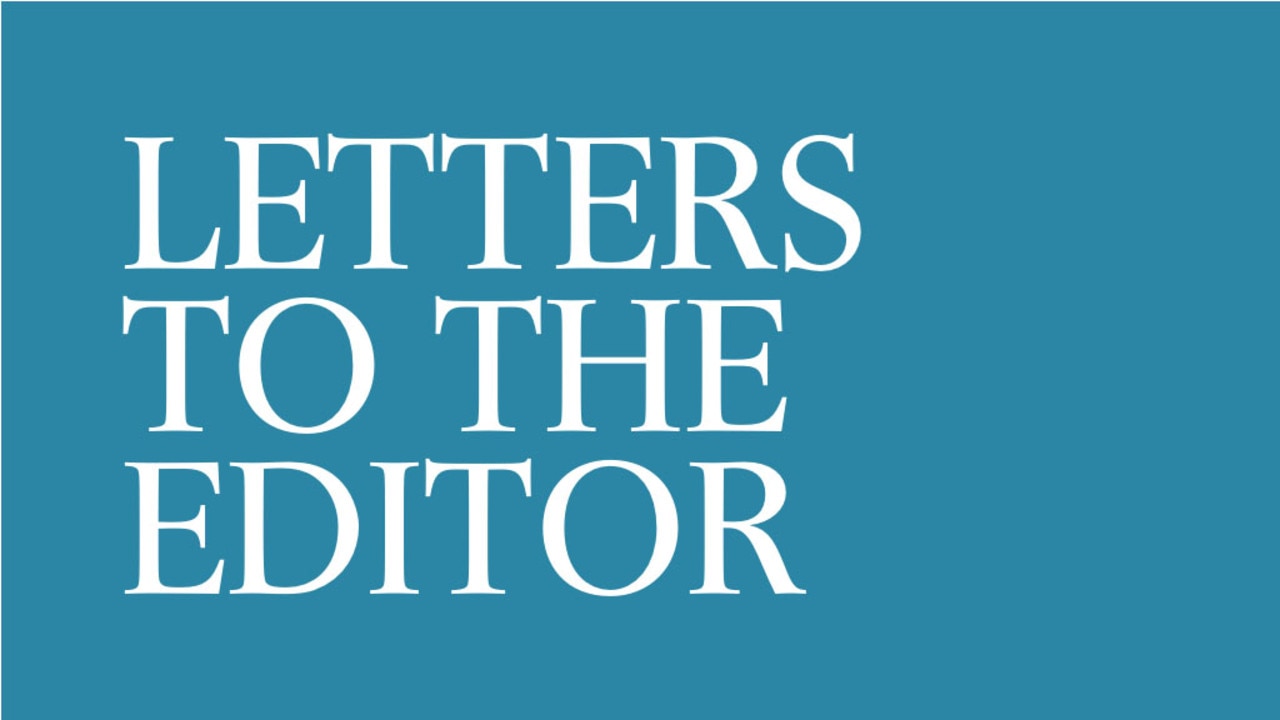Debate about Israel Folau has become one-sided
Cory Bernardi exudes honesty and adherence to principles in identifying the right method of analysis on the Israel Folau saga (“There’s a totalitarian crock at the end of these activists’ rainbow”, 26/6). In rendering support to the basic right of a corporation or individual to decide how and when to render service to a third party, he is equally pungent in his criticism of the way this principle has been distorted and sought to be granted exclusivity for only one side of the debate.
One can only ponder the motives of such a large section of society declaring almost unprecedented financial aid to Folau, but it would be naive to discount the probability of the matter being adopted as a plausible vehicle of resistance to hypocrisy.
We will see whether the democratic tools available in our political fabric will enable us to achieve the dual task of defending their rights concurrently with defending our own.
The Israel Folau affair is not a simple matter about the right to express one’s religious beliefs. An individual’s right to freedom of expression must be balanced against the values of society. Antiquated passages from the Bible no longer resonate with an enlightened and modern world.
Does Folau also believe that homosexuals should “surely be put to death” (Leviticus 20.13)? Or is he selective about which Bible teachings no longer have a place in society?
Folau’s view that homosexuals are sinners and have no place in heaven (unless they repent and turn from their sinful ways) is offensive. People do not choose to be homosexual, any more than they choose to be short or tall, smart at maths or excel at sport.
The public nature of Folau’s comments is particularly dangerous and serves only to legitimise discrimination against homosexuals. His views have no place in our society.
From the impressive response on your letters page, Israel Folau’s predicament is one that is of concern to all of us because, fundamentally, it is about the principle of freedom of expression. That principle must be safeguarded at all cost in an enlightened, democratic society. The alternative is limiting important debate, censuring the arts and the media, recrimination for voicing objections, limiting religious freedom and subjugation. Society needs rules to function with a minimum of conflict but the Folau affair has demonstrated that we may not have the balance right.
Peter Fleming (Last Post, 27/6) warns the enemies of Israel Folau that “Christianity has always flourished under persecution”. And persecution it is, as those who would crush Folau and any who dare support him, continue with their campaign of muzzling and prejudice.
Not content with Rugby Australia’s sacking of Folau — with apparent blessing of Qantas — and alerting GoFundMe to Folau’s alleged homophobia and the shutting down of that fund, the vigilantes of the politically correct now pursue the Australian Christian Lobby’s fundraising.
The cartoon beside Janet Albrechtsen’s column (“Whistle blows on morality cops”, 26/6) recalls Sebastian, the courageous captain of Diocletian’s praetorian guard (288AD) who was a Christian. When that fact was detected by his superiors, he was tied to a post and shot full of arrows. That martyrdom was immortalised by Rubens and El Greco among other master painters. That St Sebastian is a gay emblem adds to the confusion swirling about Israel Folau’s social media post and its aftermath.
If Israel Folau wins his case, Rugby Australia will face a ruinous and deserved financial penalty, but chief executive Raelene Castle would still have options. She could try sending the bill to the corporate sponsors on whose behalf Folau’s career has been destroyed, or she could appeal on the basis that Folau’s sacking was justifiable on religious grounds.
Homosexuality — like climate change — is for all practical purposes now a religion and is thus arguably entitled to protection from homophobes and deniers. All the essential attributes of a religion are there: ardent proselytisers, a set of unchallengeable tenets, a cast of demons and martyrs, and penalties for apostasy. An appeal should be a doddle.



To join the conversation, please log in. Don't have an account? Register
Join the conversation, you are commenting as Logout